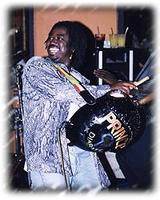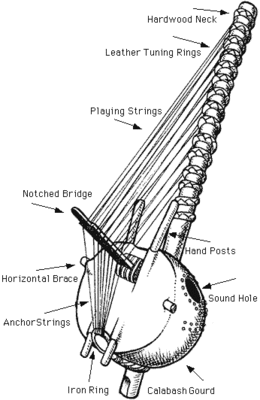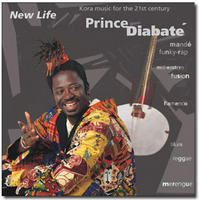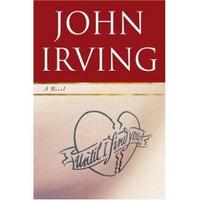Motto

"In the dark times, will there also be singing?
Yes, there will be singing.
About the dark times."
-- Bertold Brecht
(from Against Forgetting: Twentieth-Century Poetry of Witness)

 Mikaela says:
Mikaela says:
 Now I'm not one to get overly emotional -- often. I err on the side of music that stirs me to melancholy. This sound ... this music picked me up and filled all the crevices that have been parched for 30 years without me even knowing. This is the biggest, fullest music I have ever heard.
Now I'm not one to get overly emotional -- often. I err on the side of music that stirs me to melancholy. This sound ... this music picked me up and filled all the crevices that have been parched for 30 years without me even knowing. This is the biggest, fullest music I have ever heard.I can't use enough hyperbole to express how moved I was last night. Picked up and MOVED. Transformed. Deported, transported, welcomed, and embraced.
Within five seconds of the start of the music, I was weeping. My breath didn't seem to want to enter or leave my mouth. I wanted to hold it in my chest and use it to push the stray notes around my limbs until all my cells got a chance to dance.
I found myself filling up with gratitude. The grace! Life! Such wonderful surprises! You walk in expecting music and find instead: religious conversion! A pentecostal high.
Holy shit!
And then the shame that never quite fell into despair. Here they were, these African musicians. In Albuquerque, New Mexico, USA. Giving us such a gift of light. And our government bleeds blackness on the world and turns our back on every atrocity homegrown in Africa. What do we give back?
For this night, this one last night, it was enough in certain moments to appreciate and celebrate and share. We met like with like, and we all rode the wave together. For one night, grace. And a joy that comes with loving so much you feel universal. For one night, this intoxication was not dangerous. And those who could stand danced.
What other life-transforming events come here and pass by every day without any of us knowing? Now that's enough to make you weep.
 Mikaela says:
Mikaela says:Blogosphere goes hard-line with a visit to the downtown Flying Star in the Matrix.
Ran into the guy who originally turned me onto the One-Eyed Jesus.
She couldn’t count her blessings fast enough to keep them from multiplying. They piled up on her porch in broken heaps and started to rot. Neglected.
marjorie says...
The poetry slam extravaganza brought up random things for me:
Maggie says:
Brian Francis did it again. Check out your own on Planet Waves:
 Aries (March 20-April 19)
Aries (March 20-April 19) Cancer (June 21-July 22)
Cancer (June 21-July 22) Virgo (Aug. 23-Sep. 22)
Virgo (Aug. 23-Sep. 22)
 Mikaela says:
Mikaela says:
 Ever heard of “Independent People” - by Halldor Laxness? If you’ve read it, I would love to discuss it with you. Most likely you haven’t even though it delivered the 1955 Nobel to Laxness, an Icelandic author who wrote in his native language. Apparently, Laxness is firmly oriented within the Icelandic Saga tradition, which spans over a 1000 years. Who knew? But, as it turns out,
Ever heard of “Independent People” - by Halldor Laxness? If you’ve read it, I would love to discuss it with you. Most likely you haven’t even though it delivered the 1955 Nobel to Laxness, an Icelandic author who wrote in his native language. Apparently, Laxness is firmly oriented within the Icelandic Saga tradition, which spans over a 1000 years. Who knew? But, as it turns out, The novel is centered on Bjartur of Summerhouses, a sheep farmer who has one primary goal - to be an Independent Man. After working for the local bailiff for 18 years, Bjartur has scraped together enough money to buy his own farm. He sets out to be steadfastly independent economically, but is also quite emotionally distant with his family. This emotional distance combined with his refusal to accept any form of assistance from others is disastrous to his two wives - both of whom he lets starve to death, essentially. His one weakness is Asta Sollija, the child born to his first wife. Technically Asta Sollija is not his - rather, his first wife came to him already pregnant by the Bailiff’s son. Regardless, she is a ‘flower’ to Bjartur - and in the end he can’t remain independent of her.
The central family story is set within a larger social and economic context in the early 1900’s - small farmers are caught in the middle of a power struggle between large landholders and the merchant class in
I highly recommend this book - which is now firmly at the top of my list of favorites -- all-time favorites that is. I seriously do not think one word is wasted in this rather thick story, there isn’t a single annoying tangent - it fits together beautifully, and is full of insight about the experience of living.